Best Intelligent Process Automation Platforms October 2025
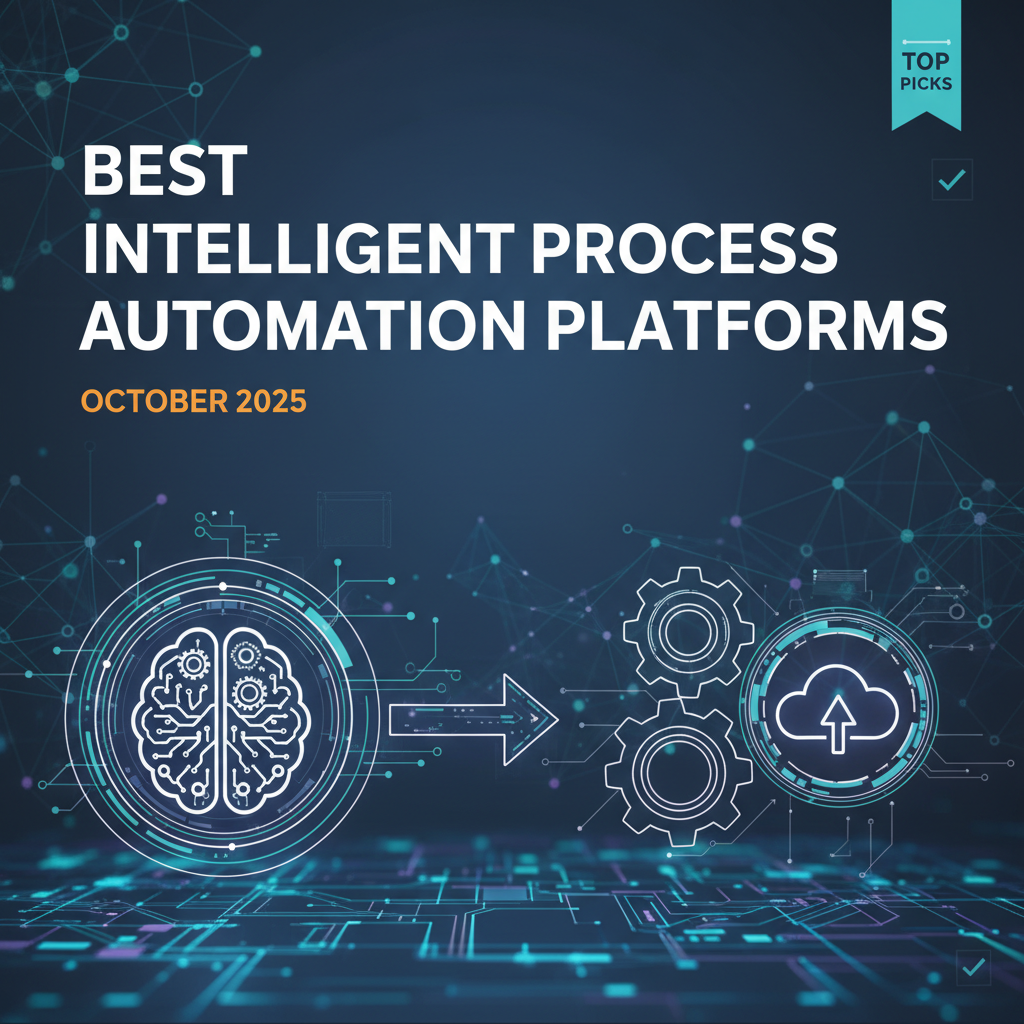
You've likely tried automating browser-based workflows before, only to watch your scripts break every time a website updates its layout. While traditional automation tools promise intelligent process automation, they still rely on selectors that fail when interfaces change, leaving you with constant maintenance headaches. Modern intelligent process automation platforms use AI and computer vision to understand websites like humans do, adapting automatically to changes without breaking your workflows.
TLDR:
- Traditional process automation tools break when websites change layouts, requiring constant maintenance
- AI-powered solutions use AI and computer vision to adapt automatically to interface changes
- Most enterprise platforms like UiPath excel at structured processes but fail at flexible web automation
- Skyvern delivers intelligent browser automation that works across multiple websites without custom coding
What is Intelligent Process Automation?
Intelligent process automation (IPA) combines robotic processes with AI technologies and machine learning to automate complex business processes that require decision-making abilities. Unlike traditional automation that follows rigid, pre-programmed rules, IPA adapts to changing conditions and handles unstructured data.
The key difference lies in cognitive abilities. Traditional automation breaks when it encounters something unexpected. IPA solutions use computer vision, text analysis, and machine learning to interpret data, understand context, and make decisions just like a human would.
This technology is particularly valuable for processes involving unstructured data, complex decision trees, or workflows that span multiple systems without APIs. The global IPA market is projected to reach $51.35 billion by 2032, driven by businesses seeking more flexible automation solutions.
Modern IPA tools can handle everything from invoice processing with varying formats to complex procurement workflows across different vendor websites, making them important for businesses looking to automate beyond simple, repetitive tasks.
How We Ranked Best Intelligent Process Automation Platforms
We ranked these intelligent process automation solutions based on what matters most:
- AI-powered decision making using LLMs and computer vision
- browser automation capabilities that don't rely on brittle scripts
- adaptability to changing websites and interfaces
- implementation flexibility through APIs or visual builders, and
- technical performance across integrations.
We focused on documented features and real-world performance instead of marketing claims, using publicly available specifications and market research data. The growing IPA market shows increasing demand for these advanced automation features.
1. Best Overall: Skyvern
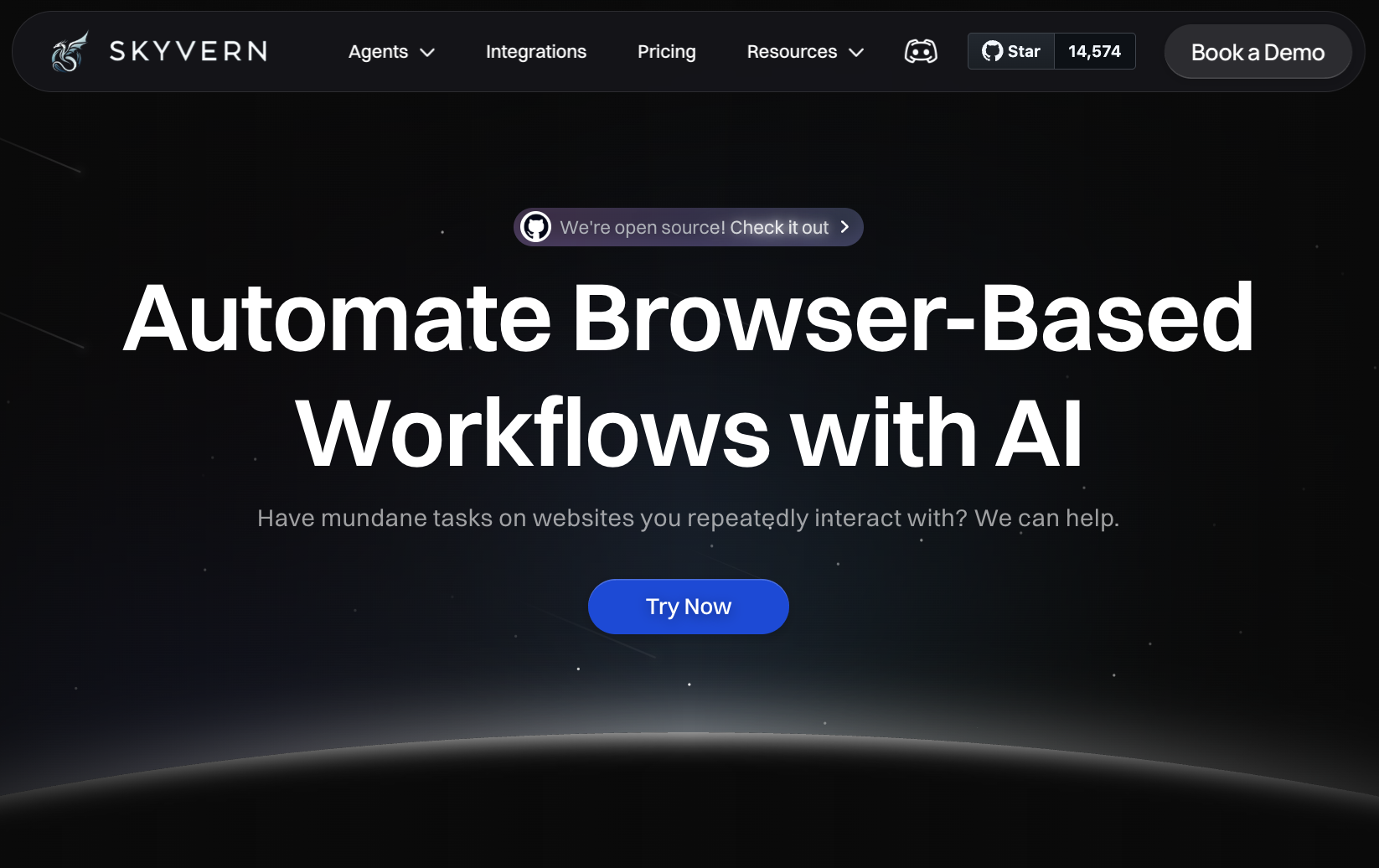
Skyvern stands out as the most effective intelligent process automation solution because it solves the fundamental problem that breaks other tools: adaptability to change. While traditional solutions rely on brittle XPath selectors that fail when websites update, the system's browser automation uses LLMs and computer vision to understand interfaces like humans do.
The key advantage lies in its ability to work on websites it has never seen before. You don't need to train models, configure selectors, or build custom integrations for each new site. One workflow can handle procurement across hundreds of vendor websites automatically.
Complex reasoning features set Skyvern apart from competitors. The system can infer answers to eligibility questions, understand product equivalents across different vendors, and handle multi-step authentication flows including 2FA and CAPTCHA solving natively.
The simple API approach means faster implementation compared to enterprise solutions requiring months of setup. You can automate browser-based workflows in days, not months, with transparent pricing that scales with usage instead of per-bot licensing models.
For businesses dealing with changing web processes, vendor portals, or any automation that traditional tools can't handle reliably, Skyvern delivers the flexibility and intelligence that modern automation demands.
Bottom line: Excellent choice for organizations seeking a flexible process automation tool with simple integration.
2. UiPath
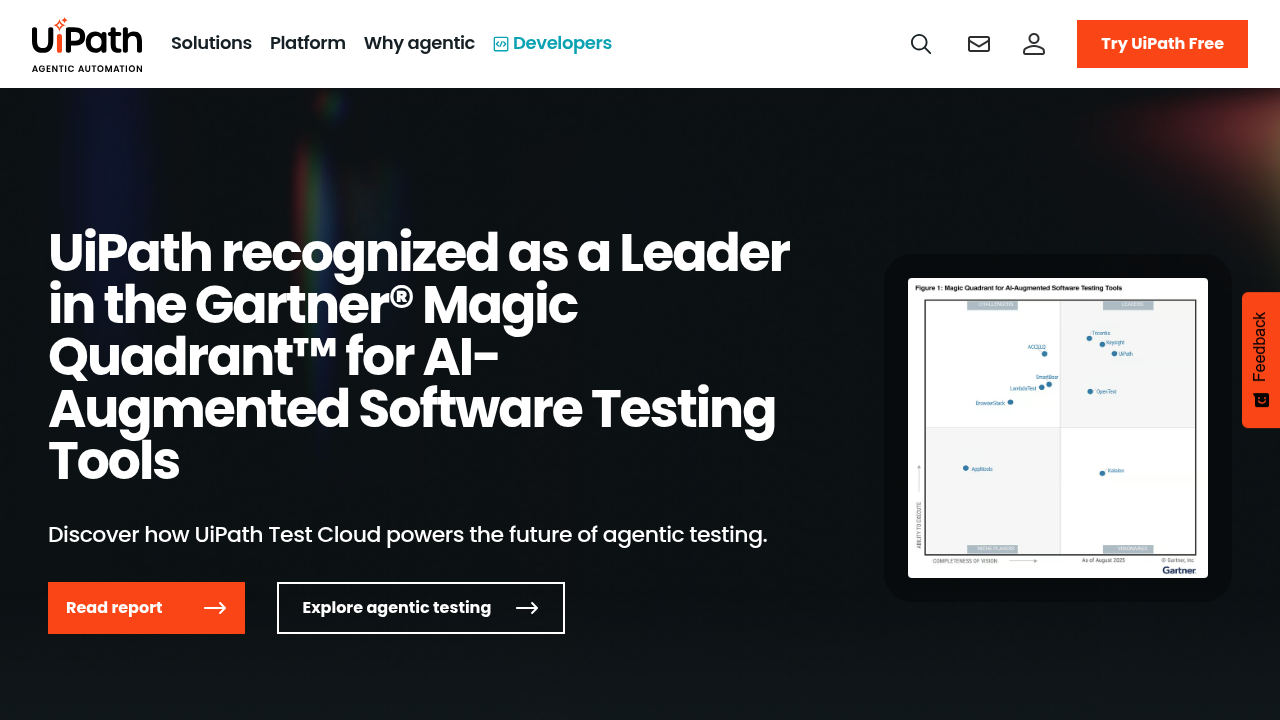
UiPath provides an enterprise RPA platform with add-on AI features for document processing and workflow orchestration. Their solution includes pre-built AI models for common business processes and a visual workflow designer that makes automation accessible to non-technical users.
The system excels at structured data processing and integrates well with enterprise applications through APIs and connectors. UiPath's AI Center provides machine learning model management, while their Task Capture feature helps identify automation opportunities across business processes.
However, UiPath struggles with changing web interfaces and requires major customization for browser-based workflows. The licensing model can become expensive as you scale, and complex implementations often need specialized consultants.
Their attended and unattended bot features work well for back-office processes, but the solution becomes brittle when dealing with frequently changing websites or applications without solid APIs.
UiPath works best for large enterprises with structured processes and dedicated automation teams. The detailed training programs help organizations build internal expertise, though implementation complexity remains an important consideration.
Bottom line: Solid enterprise choice for structured processes, but limited flexibility for changing web automation.
3. Automation Anywhere
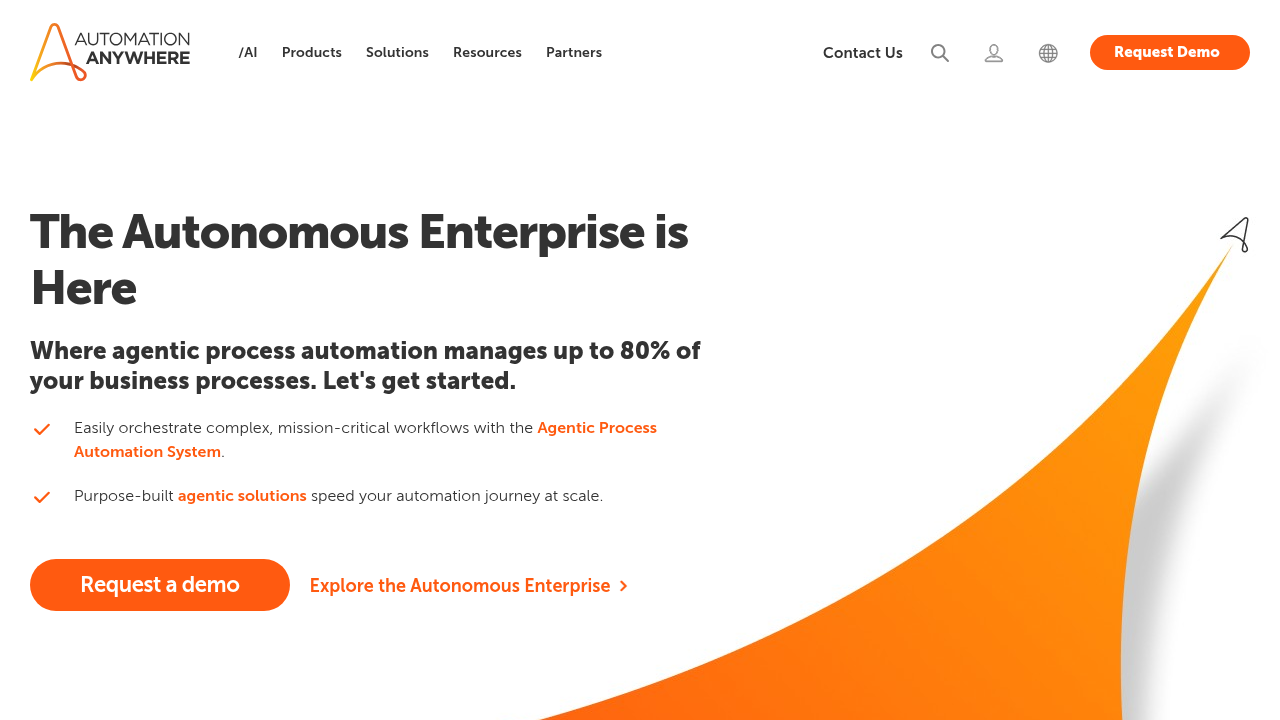
Automation Anywhere provides cloud-based RPA with a Bot Marketplace and process discovery tools that rely on pre-built templates. Their solution combines traditional RPA with document AI and conversational automation for end-to-end process management.
The system offers pre-built automation templates and integrates with popular business applications through their extensive connector library. Their IQ Bot uses machine learning for document processing, while Process Discovery automatically identifies automation opportunities across your organization.
The licensing model charges per bot, which can become costly for organizations needing extensive automation coverage. While their marketplace offers quick starts, complex browser-based workflows often require workarounds.
Their community edition provides a good starting point for small teams, though enterprise features require major investment.
Bottom line: Strong cloud-native approach with good templates, but limited flexibility for complex web automation scenarios requiring advanced browser features with the potential for skyrocketing costs.
4. Microsoft Power Automate
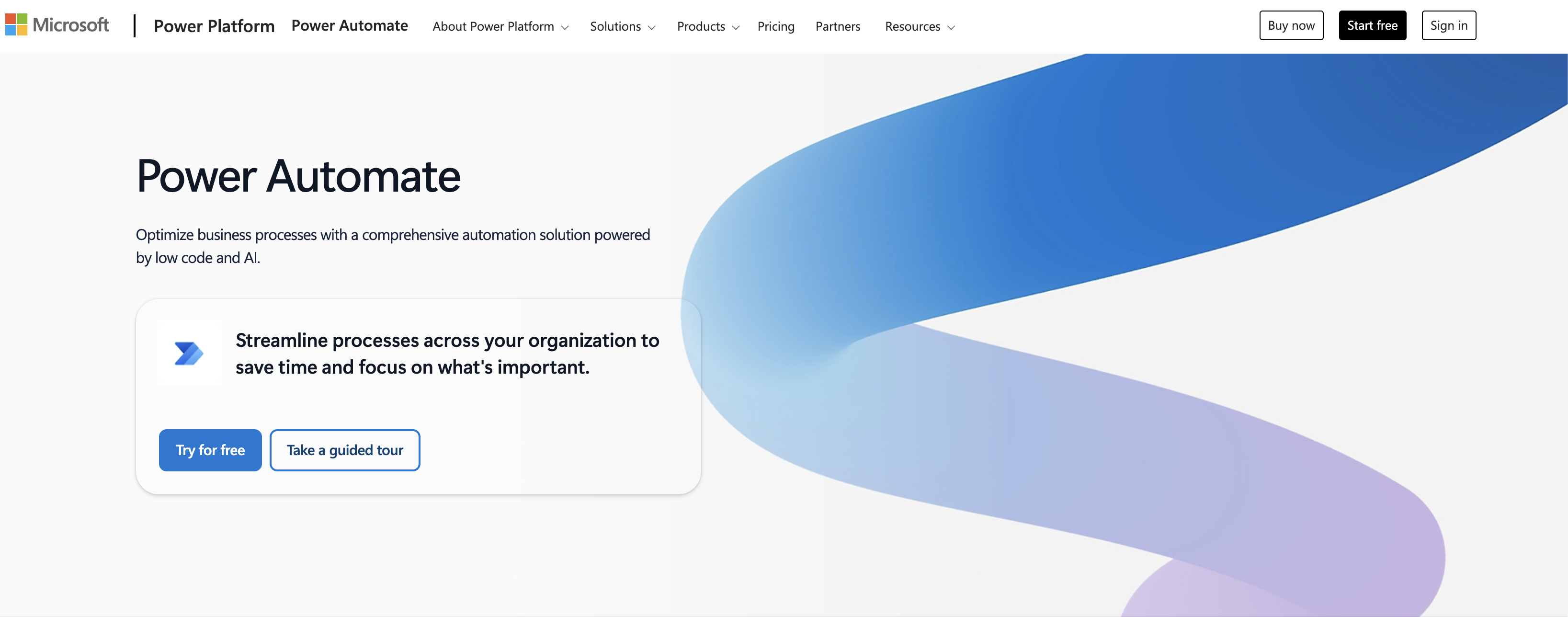
Microsoft Power Automate provides workflow automation primarily within the Microsoft ecosystem, connecting Office 365, Azure, and select third-party applications. The solution provides both cloud-based and desktop automation features with AI Builder for intelligent document processing. The system excels at connecting Microsoft applications and offers an intuitive visual designer that business users can work with without extensive technical knowledge.
The solution struggles with changing websites and lacks the advanced computer vision features needed for sophisticated browser automation scenarios. While desktop flows can handle some web automation, they rely on brittle element selectors that break with interface changes.
Power Automate makes sense for organizations heavily invested in the Microsoft ecosystem who need basic workflow automation. The pricing model becomes attractive when bundled with existing Microsoft licenses.
Bottom line: Excellent Microsoft integration with user-friendly design, but limited features for complex web automation requiring advanced AI reasoning.
5. Blue Prism
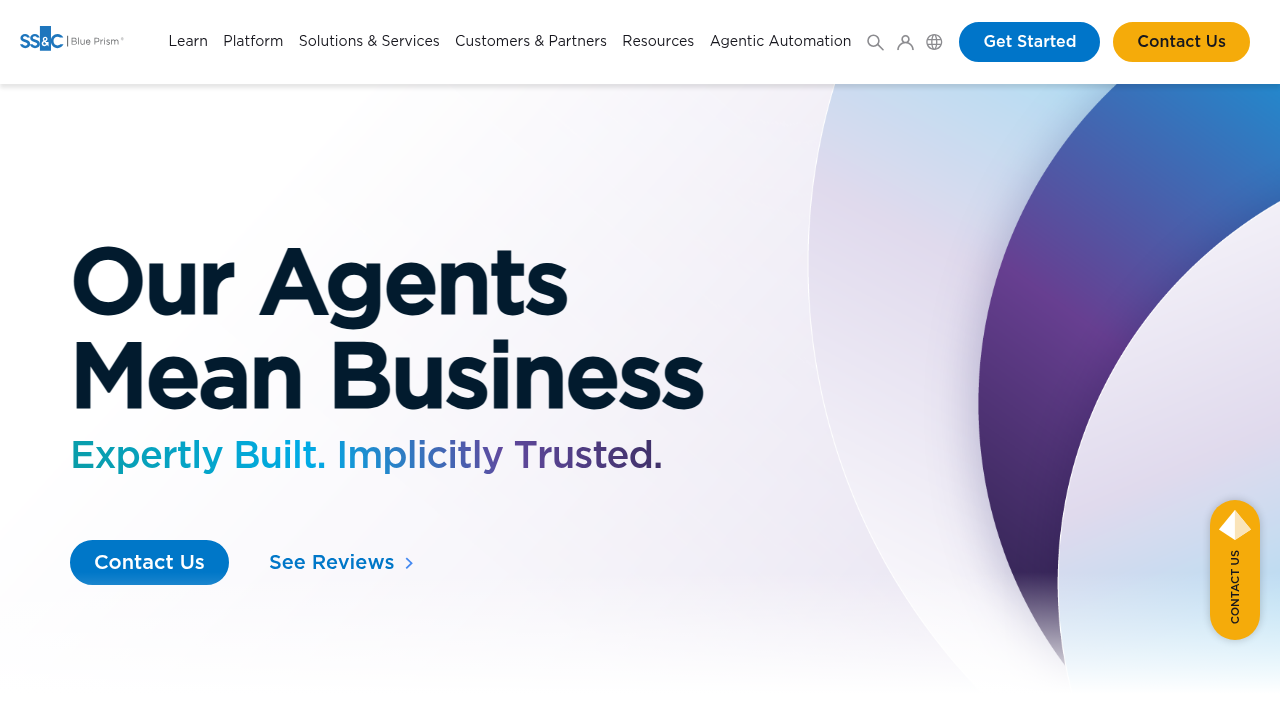
Blue Prism focuses on enterprise-grade intelligent automation with strong governance and security controls. Their solution combines traditional RPA with AI features through partnerships and integrations, targeting large organizations with complex compliance requirements.
The system focuses on centralized control and audit trails, making it popular with financial services and healthcare organizations. Blue Prism's Digital Exchange marketplace offers pre-built automation components, while their Process Intelligence suite provides analytics and optimization insights.
The licensing model is expensive compared to newer alternatives, and implementation typically requires specialized consultants. While Blue Prism handles structured processes well, it struggles with changing web interfaces that require advanced browser automation features.
Their approach works best for large enterprises with dedicated automation teams and substantial budgets. The learning curve is steep, and ongoing maintenance requires technical resources.
Bottom line: Solid enterprise governance and security, but high costs and complexity limit accessibility for most organizations needing flexible browser-based automation.
Feature Comparison Table
Feature | Skyvern | UiPath | Automation Anywhere | Microsoft Power Automate | Blue Prism |
|---|---|---|---|---|---|
AI-Powered Decision Making | LLM + Computer Vision | Pre-built AI models | Document AI + IQ Bot | AI Builder | Third-party integrations |
Browser Automation | Advanced (no XPaths) | Limited (brittle) | Template-based | Basic desktop flows | Requires programming |
Website Adaptability | Handles layout changes | Breaks with changes | Template dependent | Limited flexibility | Manual updates needed |
Authentication Support | 2FA + TOTP native | Basic login flows | Standard auth | Microsoft SSO focus | Enterprise auth |
Document Processing | AI extraction + download | Structured forms | IQ Bot processing | AI Builder forms | Third-party tools |
Implementation | Simple API | Complex setup | Cloud-native | Low-code visual | Enterprise deployment |
CAPTCHA Handling | Built-in solving | Manual intervention | Limited support | Not supported | Requires add-ons |
Pricing Model | Transparent usage | Per bot (expensive) | Per bot (costly) | Microsoft bundle | High enterprise cost |
The table shows major gaps in legacy solutions when handling complex browser workflows. While tools like UiPath excel at structured processes, they fail when websites change layouts or require intelligent decision-making.
Modern browser automation has evolved beyond brittle scripting approaches that break with minor interface updates. The intelligent automation market increasingly demands solutions that adapt automatically to changing environments. But, most traditional solutions require extensive maintenance when websites update their interfaces, while AI-powered approaches like Skyvern's automation continue working without manual intervention.
FAQ
What is the main difference between traditional RPA and intelligent process automation (IPA)?
Traditional RPA follows rigid, pre-programmed rules and breaks when it encounters unexpected scenarios, while intelligent process automation uses AI technologies like LLMs and computer vision to adapt to changing conditions and make intelligent decisions like humans do.
How do I know if my current automation solution needs upgrading?
If your automation scripts break frequently when websites change layouts, require constant maintenance, or can't handle changing web interfaces without custom coding for each site, it's time to consider modern AI-powered solutions that adapt automatically to interface changes.
Can intelligent process automation handle complex authentication like 2FA and CAPTCHAs?
Modern IPA solutions like Skyvern include native support for two-factor authentication (2FA), TOTP, and automatic CAPTCHA solving, while traditional tools typically require manual intervention or additional third-party integrations for these scenarios.
What should I expect for implementation time with modern IPA platforms?
AI-powered solutions can typically be implemented in days rather than the months required by traditional enterprise platforms, thanks to simple API approaches and the ability to work on new websites without custom configuration or training.
Final thoughts on intelligent process automation solutions
The automation world has shifted dramatically from rigid scripting to AI-powered solutions that actually understand what they're doing. While traditional tools trap you in endless maintenance cycles, Skyvern's approach gets rid of the brittleness that makes other solutions frustrating to maintain. You shouldn't have to rebuild automations every time a website changes its layout. Modern AI automation finally delivers on the promise of truly intelligent process automation.

